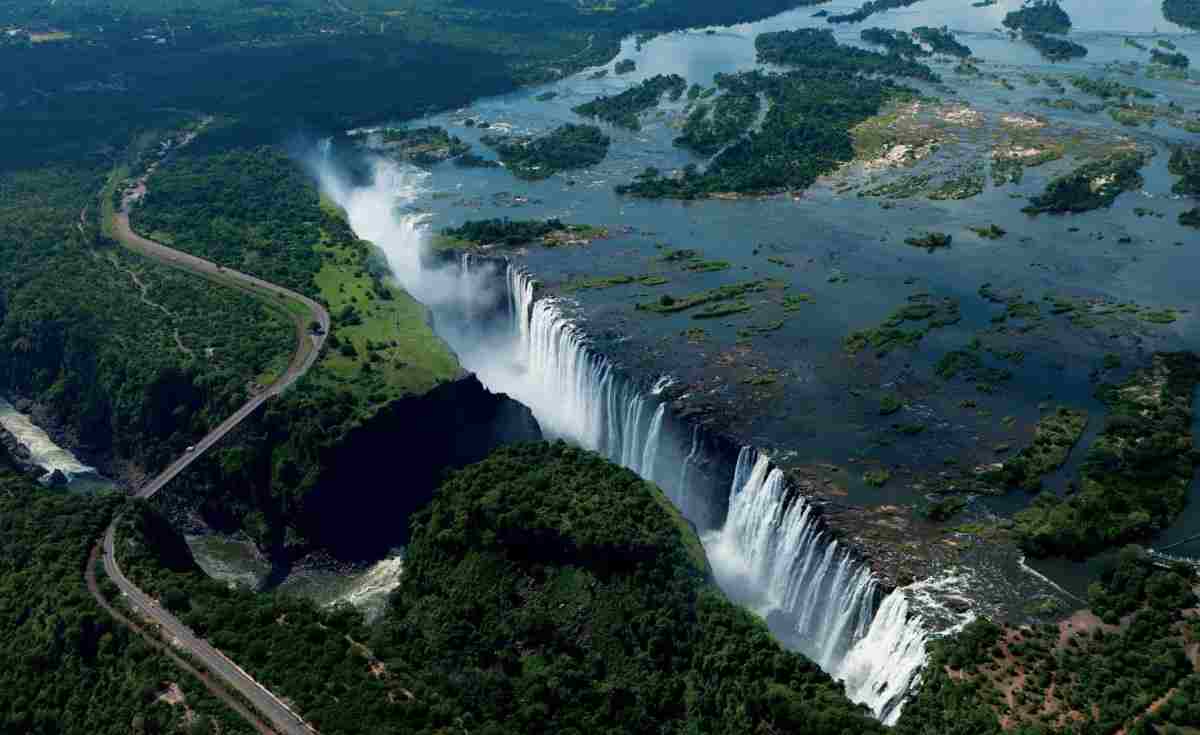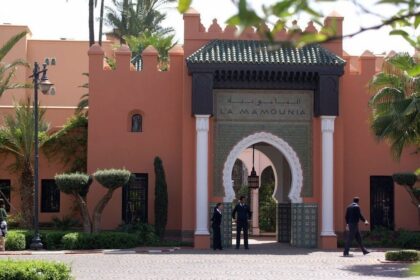At a Glance
- Zimbabwe ranks No. 1 on Forbes’ 2025 list of top travel destinations, ahead of global favorites like Sri Lanka and South Korea.
- The country’s natural wonders, affordability, and sustainability are driving new waves of international interest.
- The recognition marks a turning point for African tourism, boosting investment, employment, and regional travel collaboration.
Zimbabwe has earned international recognition after being named the world’s best country to visit in 2025 by Forbes, marking a defining moment for Africa’s tourism industry.
The ranking places the Southern African nation ahead of destinations such as Sri Lanka, South Korea, and Lithuania, underscoring Zimbabwe’s growing appeal as one of the world’s most captivating travel experiences.
The accolade signals more than a tourism milestone—it reflects a changing global outlook on Africa as a whole.
Long celebrated for its natural beauty and deep cultural heritage, Zimbabwe is now being rediscovered by travelers seeking authentic, meaningful, and sustainable journeys.
For a country once overshadowed by its challenges, this renewed global attention represents optimism and new opportunities for communities and investors across the region.
The recognition comes at a fitting time. As international travel rebounds, demand for unique, nature-driven destinations is rising sharply.
Since Forbes released its 2025 list, travel platforms have reported a noticeable increase in searches and bookings for Zimbabwe, from luxury safaris to cultural expeditions and outdoor adventures—clear signs that global travelers are craving more than just beaches and city breaks.

A Country of natural wonders and living heritage
Zimbabwe’s rise to the top of global travel lists rests on its stunning natural diversity and rich cultural legacy.
At its heart lies Victoria Falls, known locally as Mosi-oa-Tunya—“The Smoke That Thunders.”
Recognized as one of the Seven Natural Wonders of the World, the falls remain an awe-inspiring spectacle of raw power and beauty.
Beyond the Zambezi River, the country’s treasures unfold in every direction.
The Great Zimbabwe Ruins, a UNESCO World Heritage Site, stand as proof of Africa’s ancient architectural genius.
To the west, Hwange National Park shelters one of the continent’s largest elephant herds, while Mana Pools National Park, along the Zambezi, offers an unspoiled wilderness where hippos, crocodiles, and antelope thrive in harmony.
In the east, the Eastern Highlands draw hikers and nature lovers with cool mountain air and breathtaking views.
This combination of scenic variety and cultural depth has made Zimbabwe a magnet for travelers seeking an experience that feels both adventurous and rooted in history.
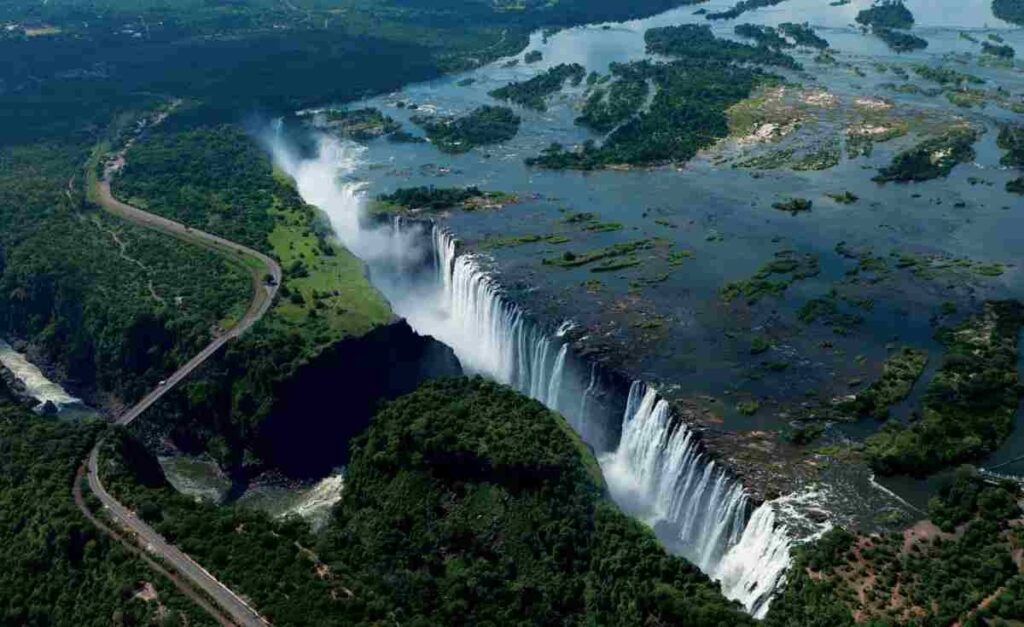
Recognition of progress, sustainability, and value
Forbes editors highlighted Zimbabwe’s dramatic landscapes, affordability, and commitment to sustainability as key reasons for its top ranking.
In recent years, the country’s tourism sector has quietly transformed—improving infrastructure, easing visa requirements, and attracting fresh investment into eco-lodges and high-end resorts.
The result is a more modern and accessible travel experience that still feels authentically Zimbabwean.
Industry stakeholders say the global spotlight is already having an impact.
Tour operators report rising interest from travelers in the United States, Europe, and across Africa, particularly those drawn to wildlife, conservation, and cultural exploration.
The surge in demand is expected to strengthen local employment, attract new investment, and reinforce Zimbabwe’s standing as a responsible, sustainable tourism hub.
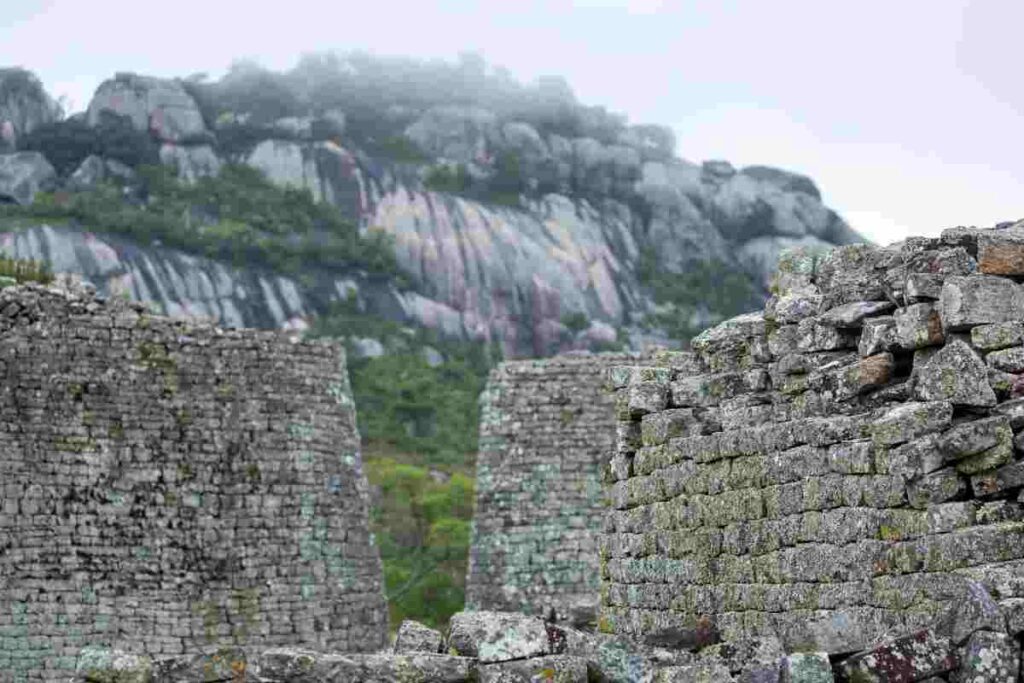
Africa’s moment on the global travel stage
Zimbabwe’s recognition also reflects a wider shift across Africa’s tourism map.
From Kenya’s Maasai Mara to Namibia’s dune deserts and South Africa’s coastal escapes, travelers are discovering the continent’s vast range of experiences that connect nature, heritage, and community.
For Zimbabwe and its neighbors, the moment carries enormous potential.
A rise in international arrivals could spur regional cooperation—expanding air routes, developing cross-border safari circuits, and strengthening partnerships with Botswana, Zambia, and Mozambique.
Together, these countries could build one of the most integrated and appealing travel regions in the world.
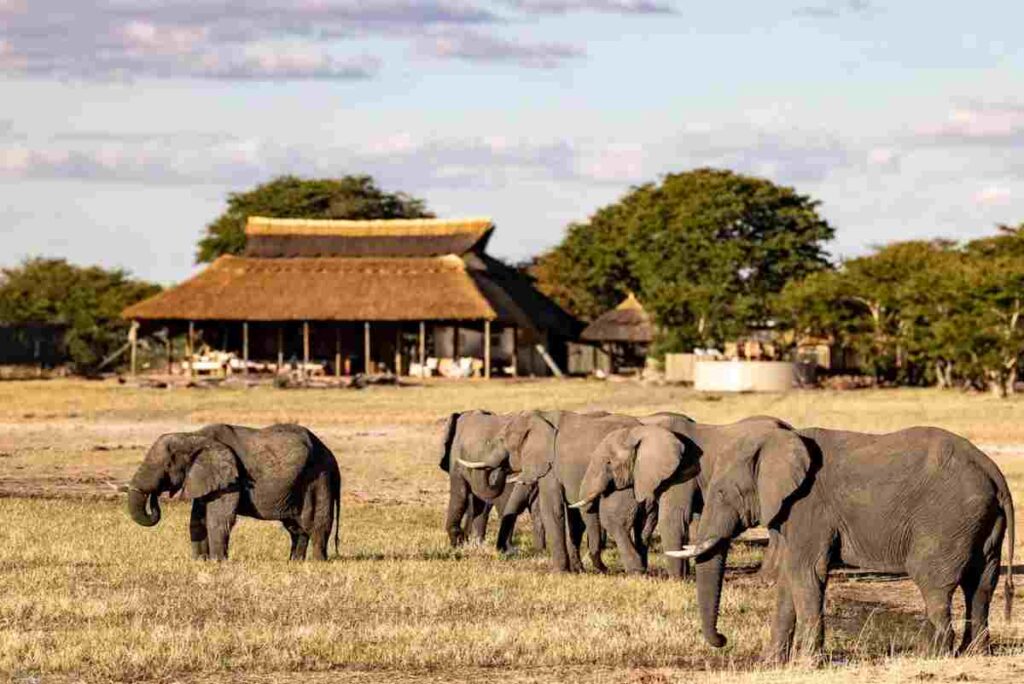
A bright future for Zimbabwean tourism
Zimbabwe’s appearance at the top of Forbes’ 2025 list isn’t just a headline—it’s a story of resilience and renewal.
From its spectacular landscapes to its warm hospitality, the country embodies the best of modern African tourism: sustainable, inclusive, and full of promise.
For local entrepreneurs, tour guides, and investors, the recognition serves as a call to keep building on this progress and to showcase Zimbabwe as a destination where nature, culture, and community come together.
It’s a reminder that Africa’s story in global travel is still being written—and Zimbabwe is helping lead the way.

